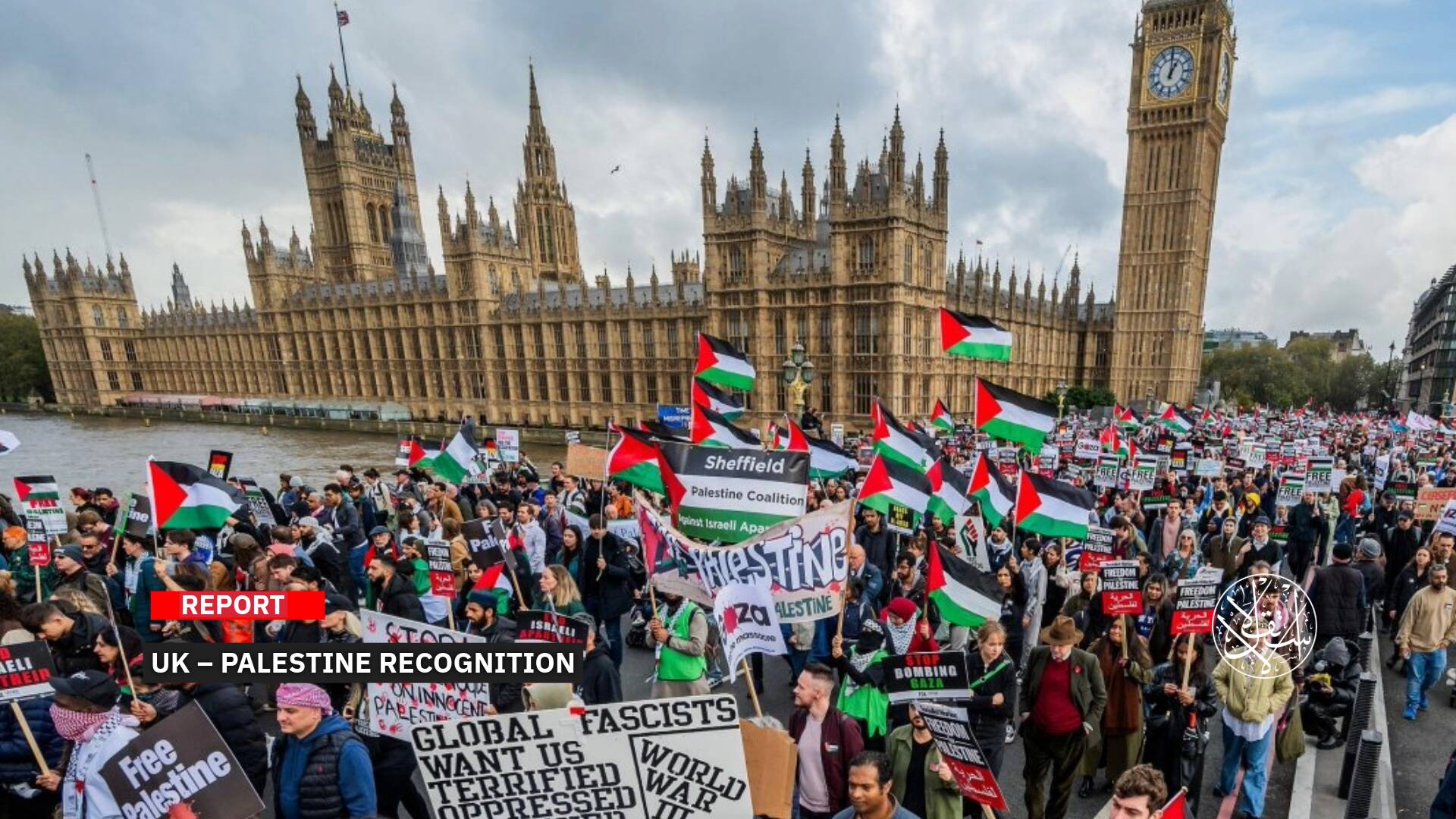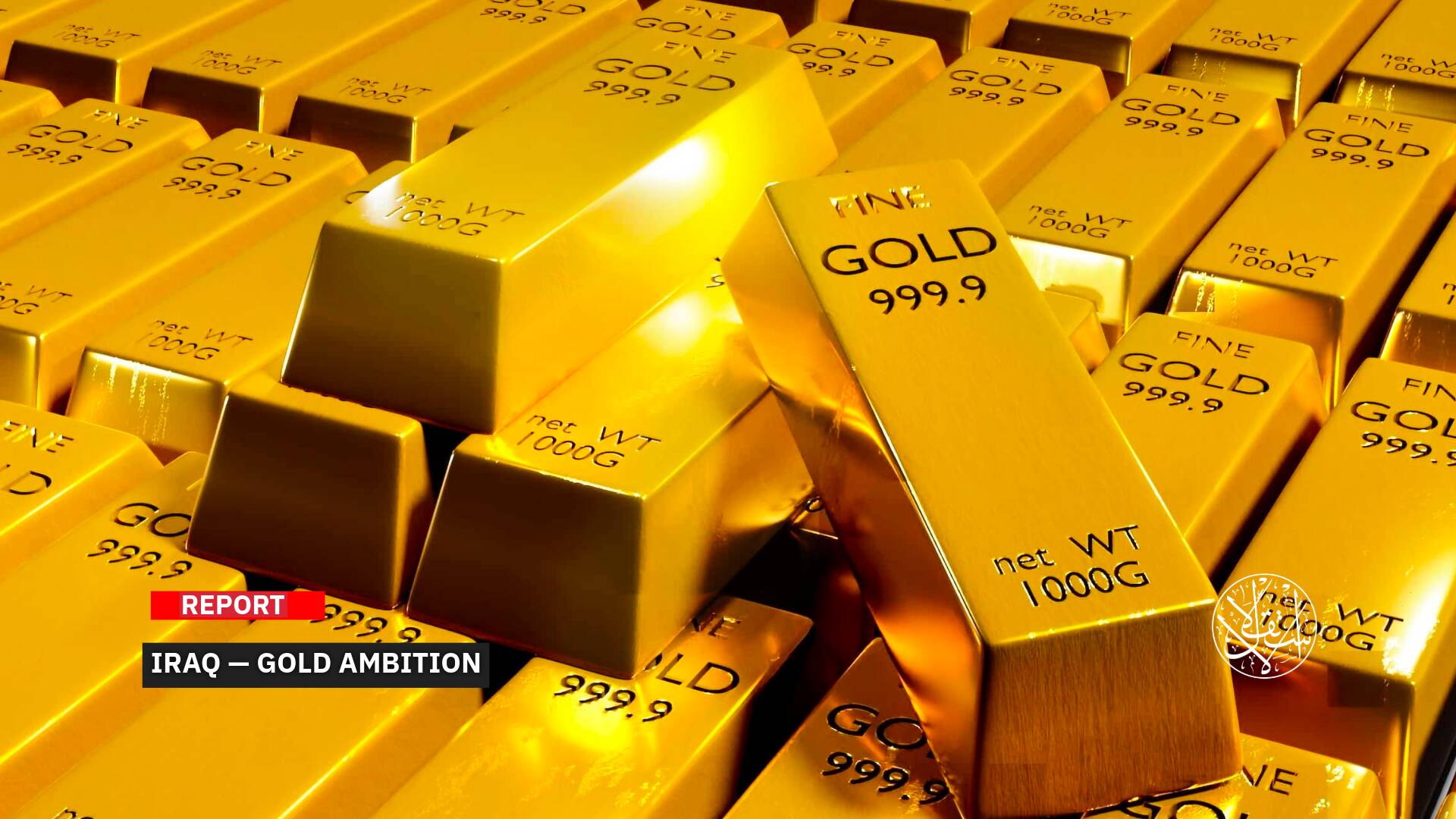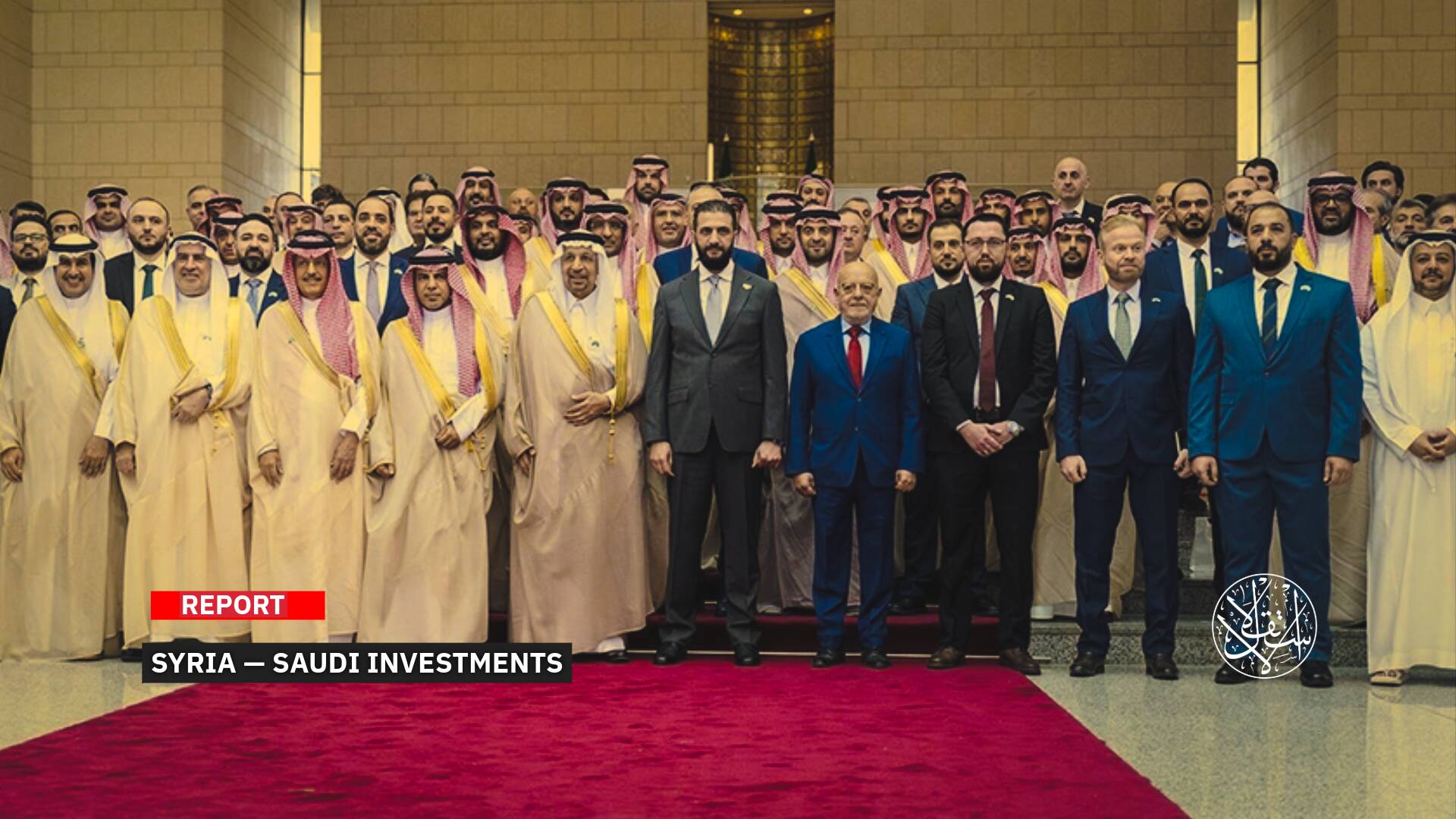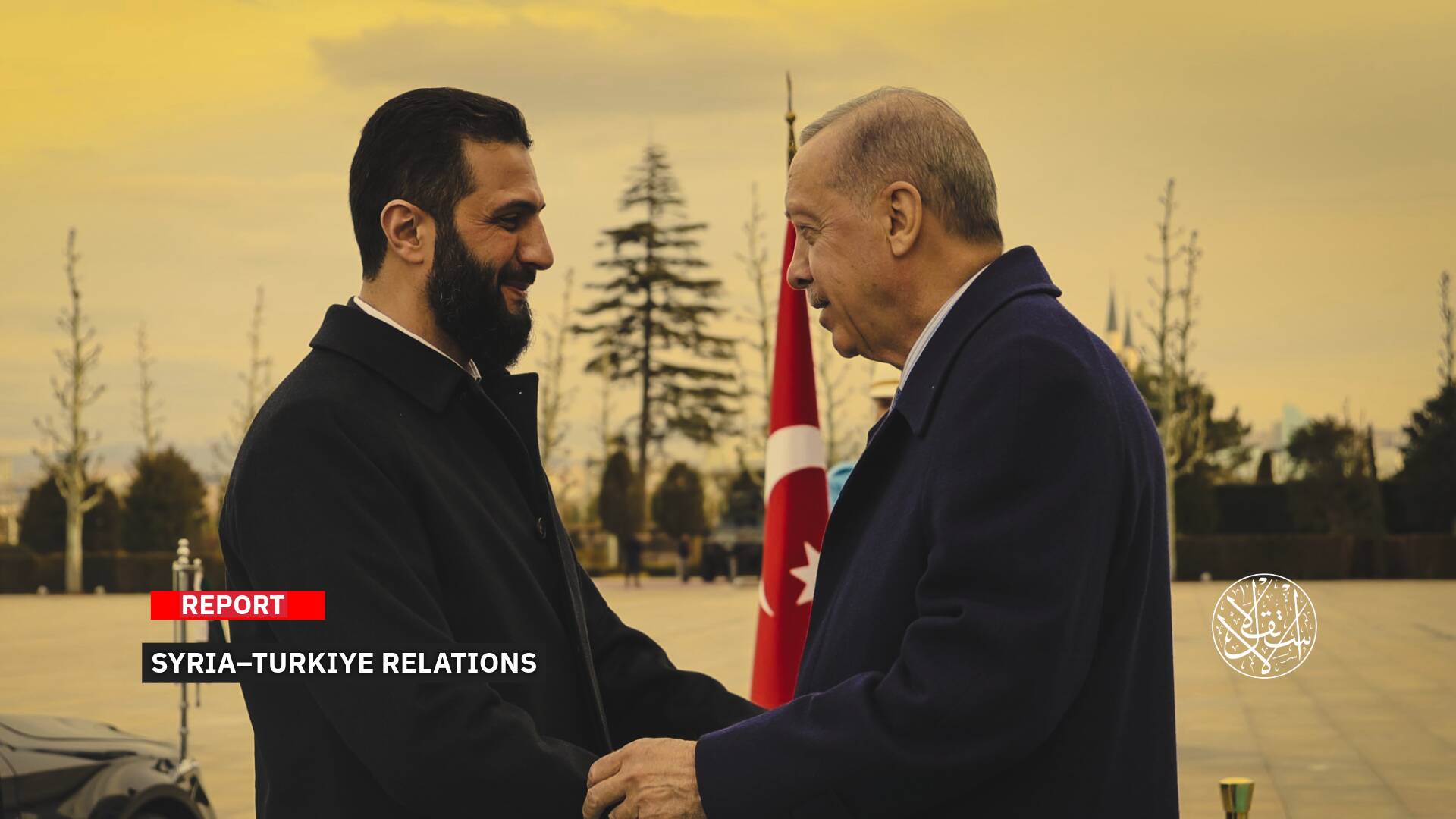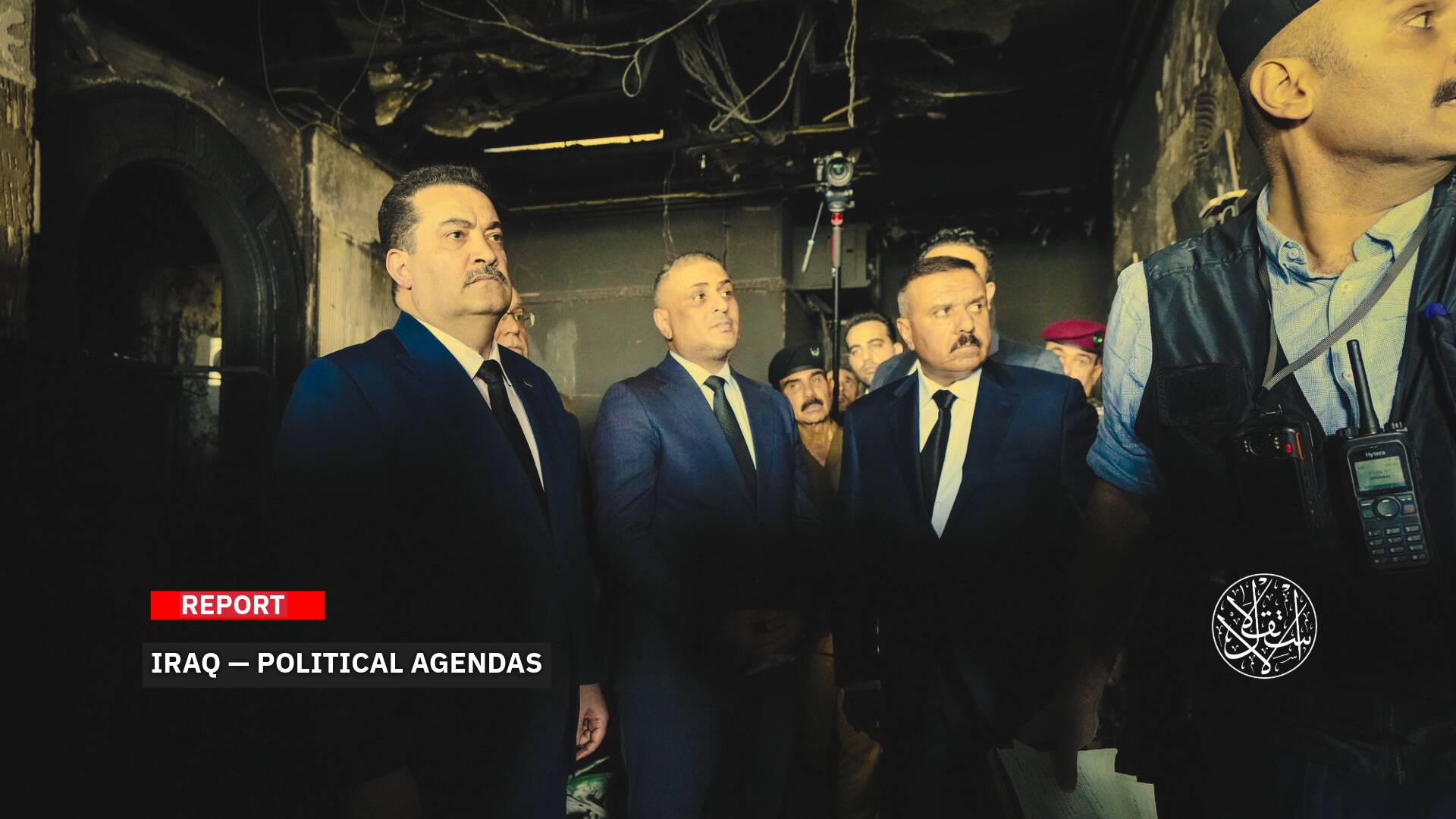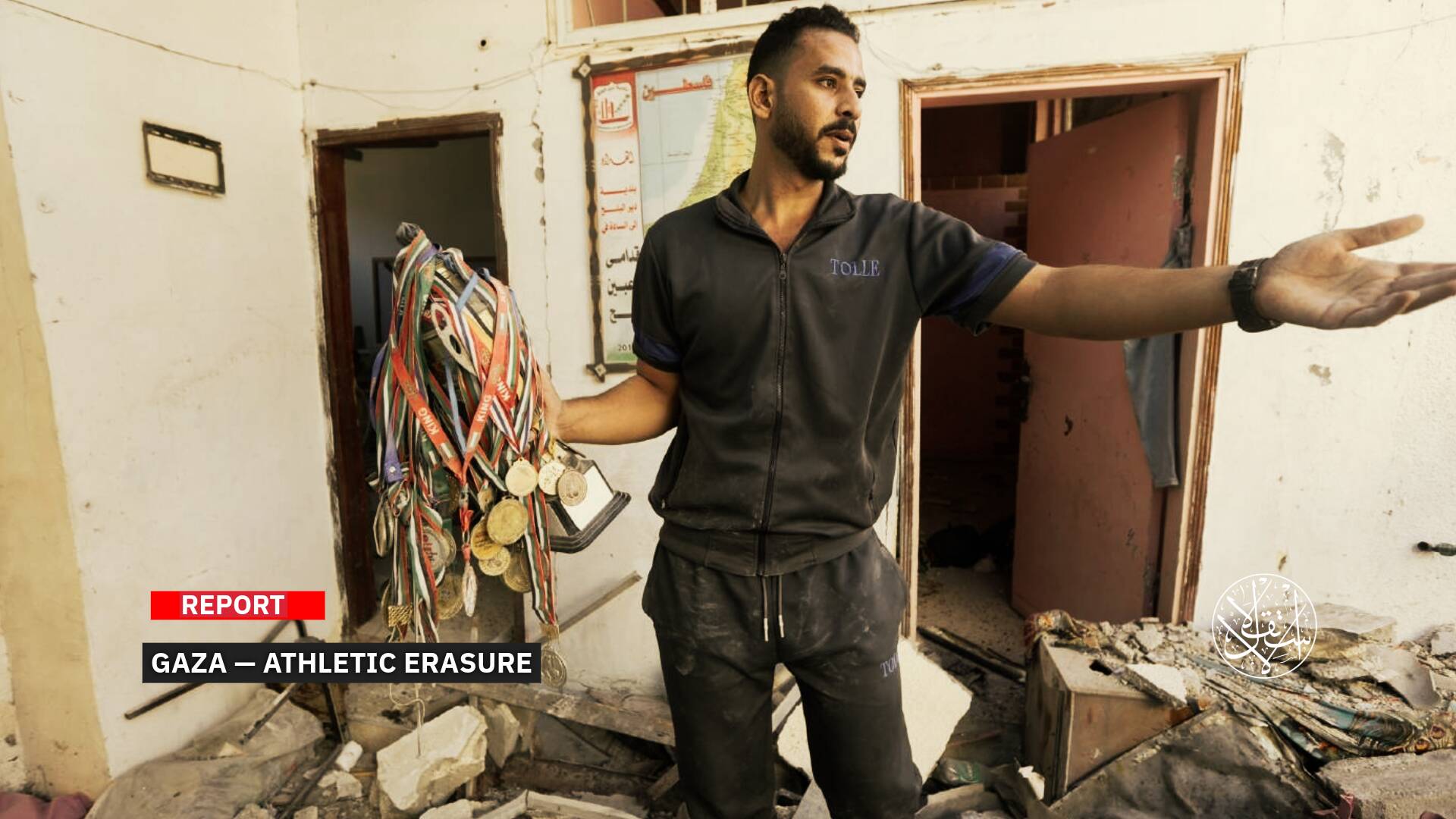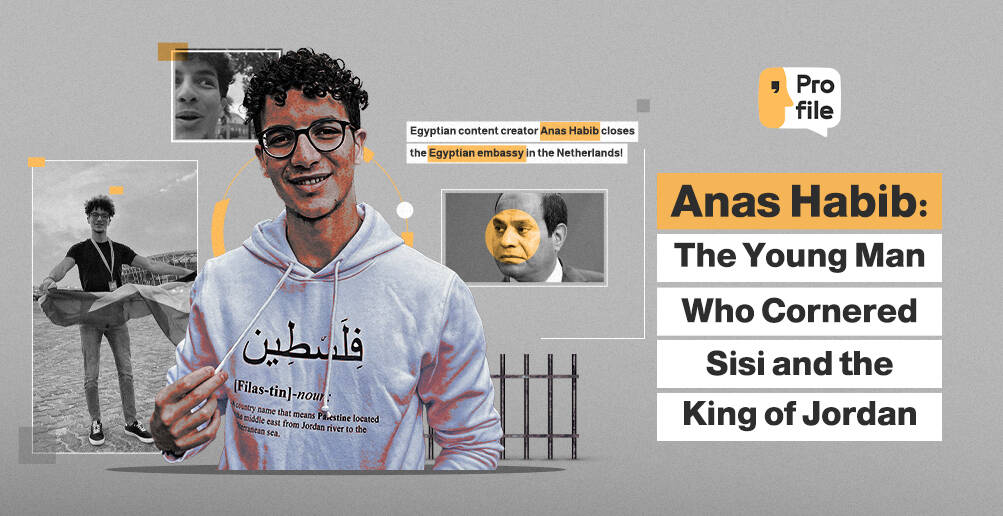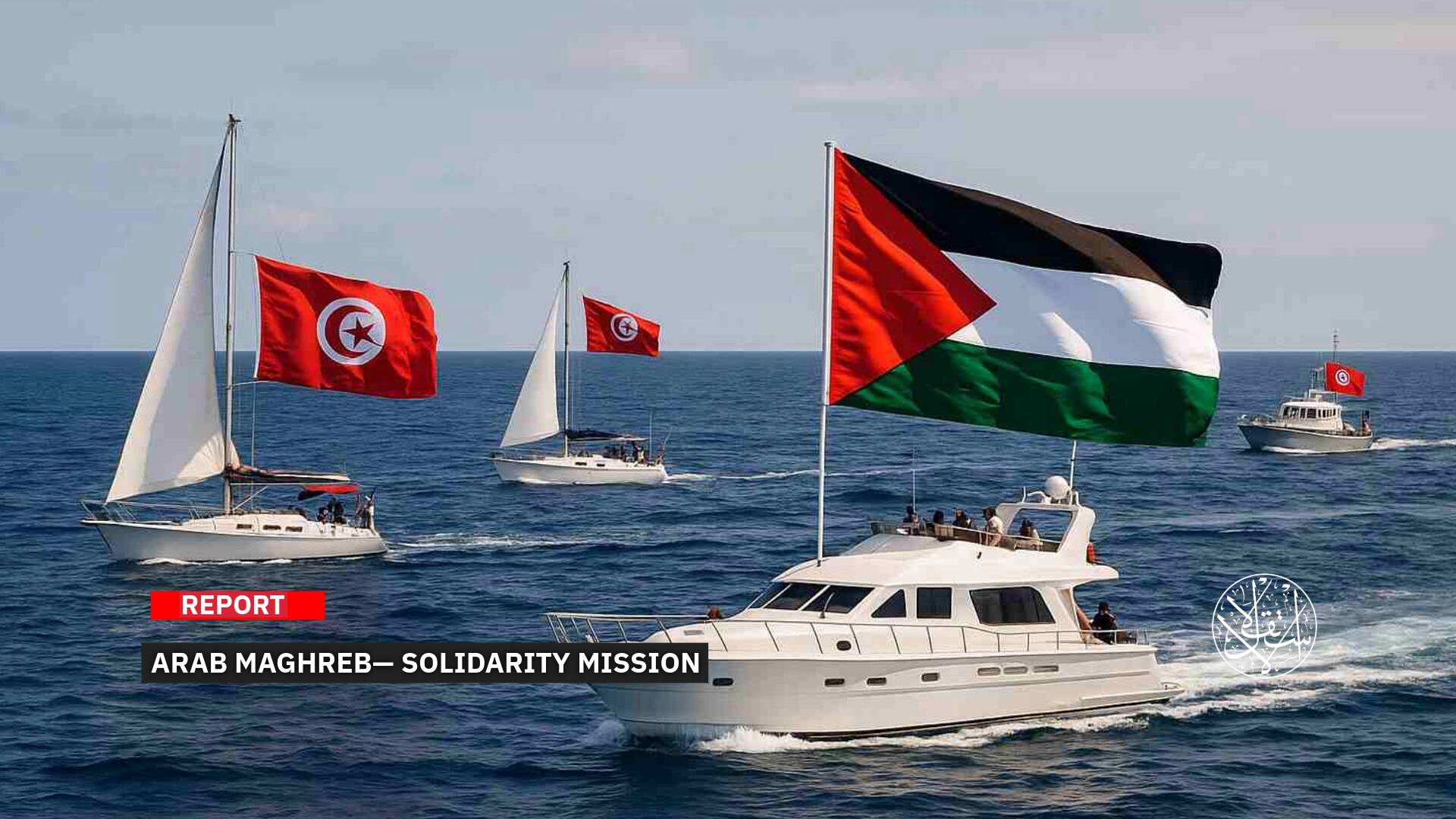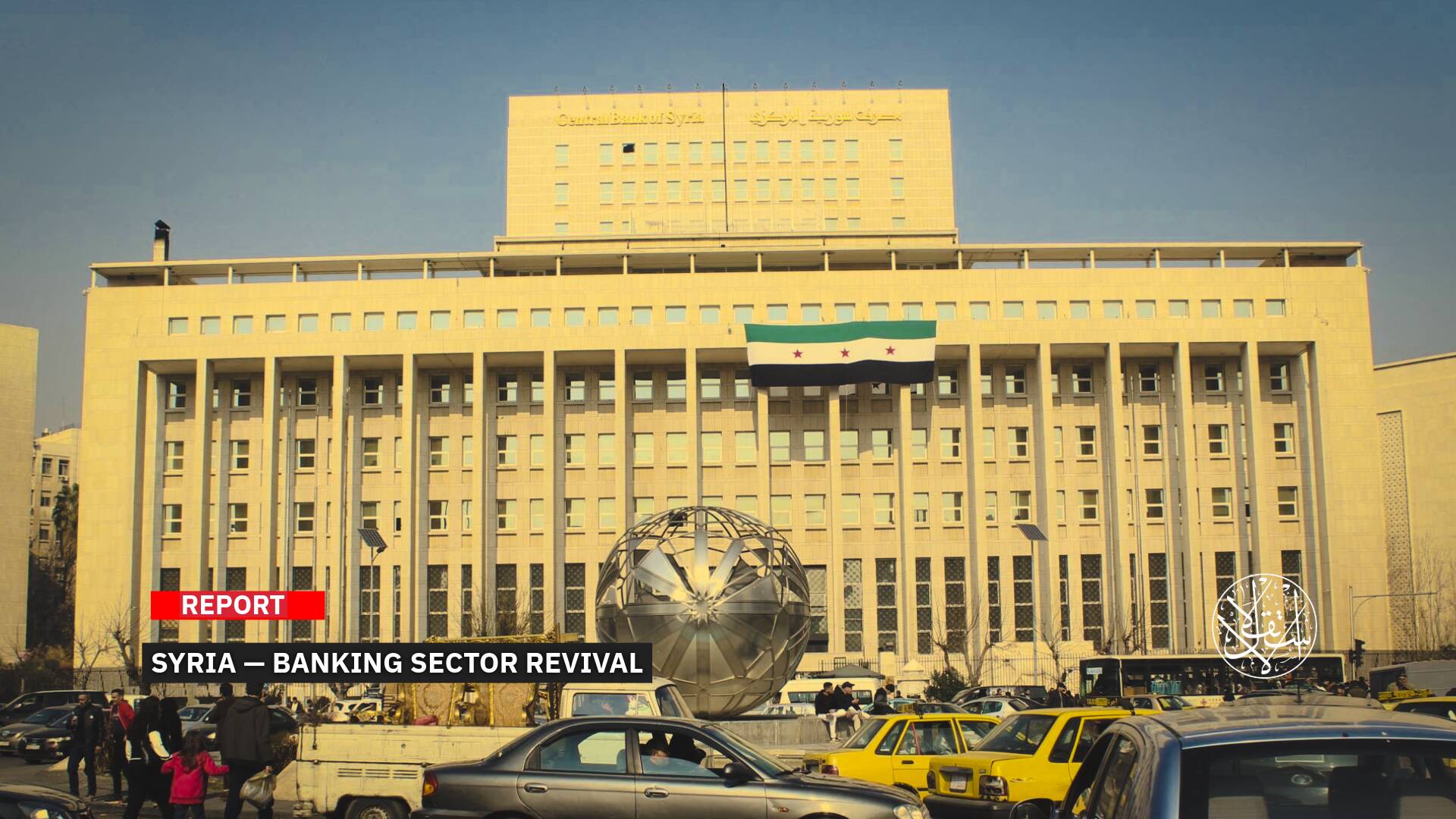Through Earthquake Aid, the UAE Sends Political Messages to Re-Float Assad

The UAE is striving to exploit the earthquake disaster that struck Syria and Turkiye to increase support for the Bashar al-Assad regime and pass supportive political messages to the Syrian people.
Immediately after the earthquake on February 6, 2023, the UAE focused its efforts and aid in the areas of the Syrian regime to help the afflicted.
Whitewashing Assad’s Image
However, the true face of this Emirati rush to aid the economically collapsing Assad regime is nothing but an attempt to whitewash the image of the regime’s head, Bashar al-Assad, among the Syrian people, while Abu Dhabi is trying to help him politically.
On February 6, 2023, an earthquake struck southern Turkiye and northern and western Syria with a magnitude of 7.8, followed by many aftershocks.
In areas controlled by the Syrian regime, 1,408 people were killed and 2,341 were injured, according to a statement from the Ministry of Health issued on February 11, 2023.
What is noteworthy is that Abu Dhabi has deployed the capabilities of the UAE Red Crescent to provide assistance in areas loyal to the Syrian regime, which is made up mostly of high- and middle-ranking officers in the Assad forces.
During his visit to villages in the coastal Latakia countryside and while distributing aid to Assad loyalists there, a video of the head of the UAE Red Crescent delegation, Mohammed al-Kaabi, recorded him saying: “I advise you all to gather around your wise leadership, which is a leadership of goodness and blessing, and you will find what pleases you.”
After the spread of the video of al-Kaabi like wildfire, Syrian activists criticized his statement, stating that it was “unethical, inhumane, and carried political goals.”
As part of a Ramadan initiative, the UAE Red Crescent distributed iftar meals to supporters of the Assad regime in five areas in the countryside of Latakia. This action caused outrage among Syrian activists, who stated that the residents of these areas, who are predominantly Alawites, do not fast during the month of Ramadan.
It was clear that Abu Dhabi had enlisted a number of Emirati journalists to cover the activities of the UAE Red Crescent in Syria through their personal accounts. Abu Dhabi also recruited Syrian artists who are loyal to Assad and dressed them in the official uniform of the UAE Red Crescent to oversee the distribution of aid in some areas under the control of the Assad regime
Strategic Relief
The UAE’s direct role in regime-controlled areas after the earthquake disaster was not just for emergency relief purposes. Abu Dhabi actually led regional relief efforts toward the Syrian regime.
The UAE formalized its relationship with the Assad regime in late 2018 by opening its embassy in the Syrian capital, Damascus, marking the beginning of overt cooperation. Abu Dhabi and Dubai also received money from Syrian elites close to the regime following the outbreak of the revolution in March 2011.
Abu Dhabi’s stance has always been closer to the regime than to the Syrian opposition. This was evident in the speech of Faisal Mekdad, the current deputy foreign minister of the Assad regime, during the opening ceremony of the Abu Dhabi embassy in Damascus. He said: “Syria will not forget the role of the UAE in standing by it in its war against terrorism.”
It was not surprising for the UAE to stand with the Assad regime, which displaced about ten million Syrians, destroyed their homes, and killed hundreds of thousands of them.
But what has become apparent now is that Abu Dhabi was waiting for the appropriate international situation to pave the way for Syria to rejoin the Arab League after being deprived of its seat due to the regime’s iron and fire policy toward its people.

In March 2022 and then again on March 19, 2023, the visit of Syrian President Bashar al-Assad to the UAE was seen as Abu Dhabi’s attempt to rehabilitate and enhance his regional and international status, particularly as the UAE promised to rehabilitate some infrastructure in regime-held areas.
Since the earthquake, UAE President Sheikh Mohamed bin Zayed Al Nahyan has ordered an additional $50 million to be provided for relief efforts to aid the affected in Syria.
Even the UAE Minister of Health and Prevention, Abdulrahman bin Mohammed al-Owais, arrived at Latakia airport on February 21, 2023, aboard a medical delegation carrying 46 tons of relief aid for the earthquake victims in areas under the Assad regime.
The UAE pledged to provide more than $100 million in aid to earthquake-hit Syria and sent search and rescue teams and thousands of tons of relief supplies.
Political Messages
The UAE ranks among the top countries providing support to the Assad regime in terms of humanitarian aid response. The number of Emirati aircraft carrying aid that have reached areas under his control has exceeded 156 planes.
On April 2, 2023, an Emirati aid ship carrying 2215 tons of food and relief supplies arrived at the port of Latakia.
During the reception of the aid ship at the port, the head of the UAE Red Crescent delegation, Mohammed al-Kaabi, said that this was the second Emirati ship to arrive in Syria to support earthquake victims in conjunction with the airlifts.

He added that the ship carries about 2,215 tons of various relief materials, including food, health, and medical supplies, to support the health sector, and they will continue this support until recovery and progress.
The Emirates Red Crescent focused its efforts on the medical situation in Latakia, identifying the percentage of drug consumption and visits to the warehouses, in addition to providing new ambulances for hospitals and health centers.
The UAE Red Crescent teams inspected many houses to provide assistance to those in need of urgent surgeries in Latakia.
It became clear from the recorded footage that the tours focused on the houses of the Alawites, despite the presence of residents from the Sunni sect.
Syrian activists published a list of names, saying that all the Emirati aid was distributed to families affiliated with the Assad regime, its officers, and its jailers.
Many interpreted the UAE’s move toward the Assad regime and its loyal areas as sending “political messages” that it is serious about lifting the regime from its political and international isolation.


